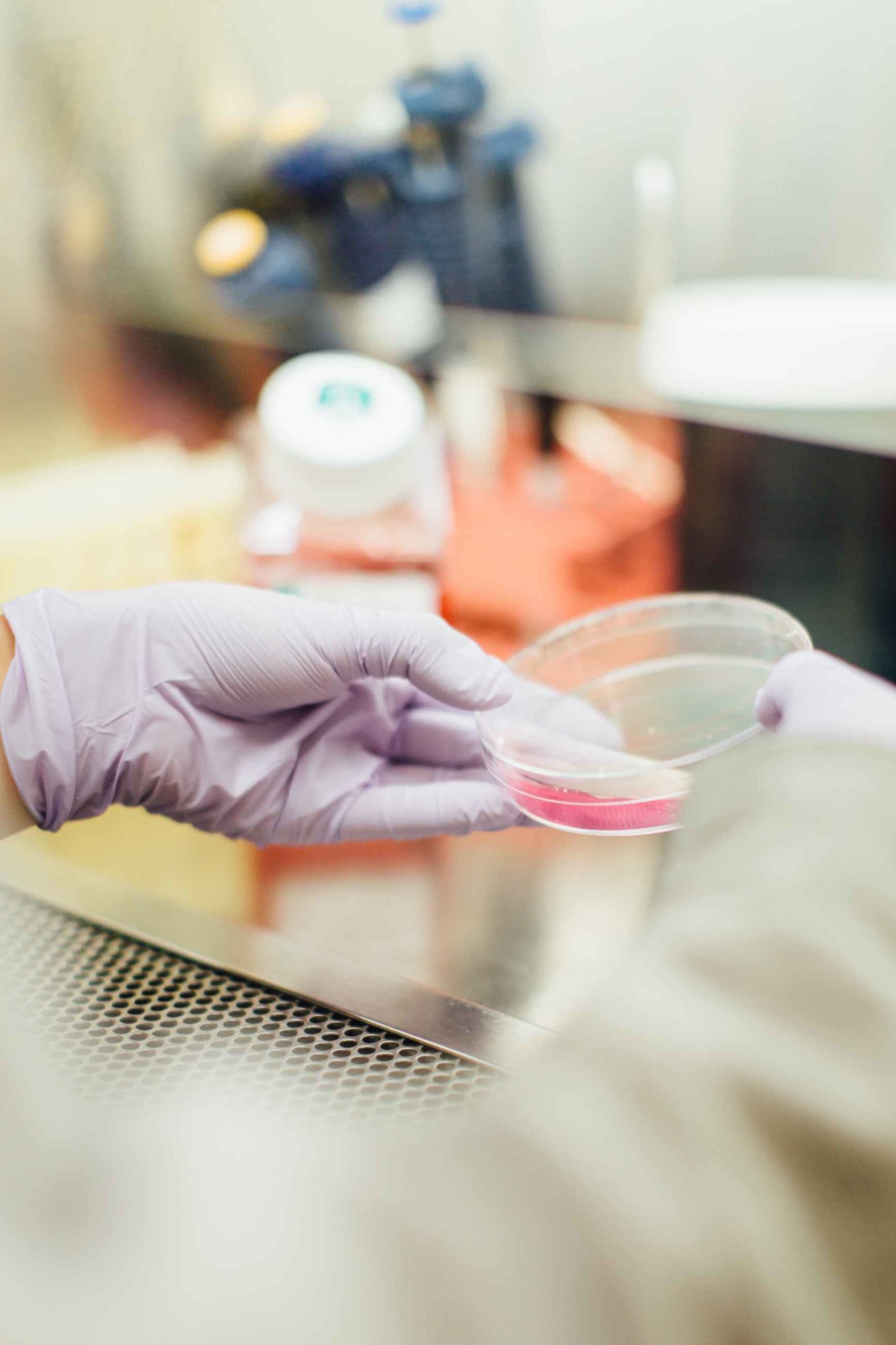
Consultant Dermatologists at The Devonshire Clinic contribute to research into the use of Nicotinamide in chemoprevention of skin cancer
Keratinocyte cancers are the most common type of skin cancer amongst the light skin population, with rates increasing annually. The primary cause of this form of cancer is exposure to ultraviolet radiation, though it can also be a result of genetic disorders, smoking and immunosuppression. Immunosuppression can occur as a result of viral infections such as HIV or due to drugs given to patients who have received an organ transplant to help reduce the risk of rejecting the foreign organ. The risk of skin cancer in organ transplant recipients is dramatically increased compared the normal population and is therefore a significant problem in this group of individuals.
It is already well known that Nicotinamide has a variety of dermatological benefits. It has anti-inflammatory properties which can be used to treat bullous diseases and inflammatory acne, it can improve skin barrier function, increase skin hydration and help to improve complexion. Nicotinamide is now being studied for its potential benefits in the prevention of skin cancer and has been found to reduce the incidence of Keratinocyte cancers in high risk patients.
Two of our Devonshire Clinic Consultant Dermatologists, Dr Rubeta Matin (senior author) and Dr Conal Perrett, are authors on a recent study published in The British Journal of Dermatology. This paper explores the feasibility of a trial to evaluate the use of Nicotinamide for chemoprevention of skin cancer in organ transplant recipients.
The full research paper can be found here: https://www.ncbi.nlm.nih.gov/pubmed/3211911